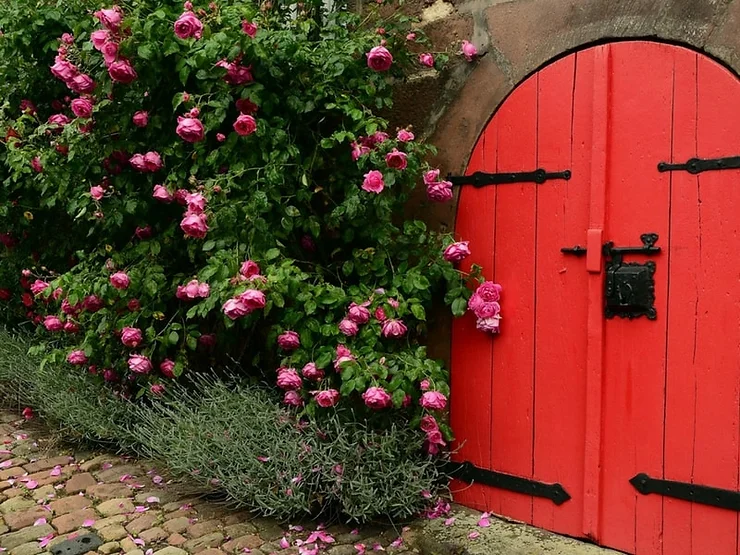By: Grace Gao
There’s a rose tree in front of my house. It’s tall, with vibrant pink buds and evergreen leaves that are almost blue. In the spring, when the tree is its tallest, it climbs as high as our roof. The flowers grow wildly in a pinkish mess, and the blooms have a sharp, grassy smell, unlike the customary sweet aroma of roses.
“It’s a wild spirit,” my grandma used to say.
These “wild spirits” were what she loved to plant best; the ignored weed-like plants or the ugly bushes of flowers growing next to the sidewalk. She enjoyed making something from nothing— bringing out the beauty in the things people passed by.
The rose tree was planted by my grandma when we first moved into our Californian home a decade ago. When my grandma returned to China, my mother wanted to cut the tree down. She complained about the smell and how it blocked the sunlight through the kitchen window. But my father, who loved my grandma’s work, said it was symbolic of how far we’d come as tax-paying citizens in America.
I remember how my grandmother would proudly tell me how she came to raise the tree. On one of her evening walks, she had seen several long branches of a rose tree one of our neighbors had cut down. They had been laid out on the driveway, their limbs severed and roots torn, mournfully waiting to be disposed of. Enamored by the forsaken blooms, my grandma had brought a branch home and tended to it with care, replanting it once it had regenerated its roots.
It grows with us every year, sharing our family’s happiest memories. When we welcomed my sister into our family, it stood proudly at the front door. When we adopted our two cats, it provided shade for them to sleep under, its branches curling protectively around them.
At the beginning of every year, my family and I stand before the tree for a picture to mark the new year. Its blooms dance in the wind, and its leaves flutter a greeting to the camera. Needless to say, we didn’t cut it down, and every year, it rewards us with plentiful blooms.











